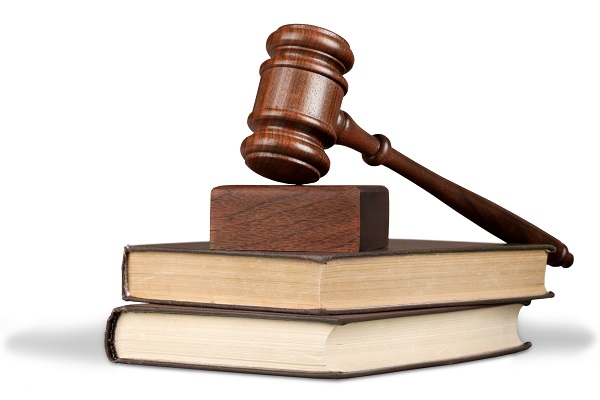Becoming a residential or commercial landlord is a decision that should be embarked upon only after having some understanding of the details of Minnesota landlord tenant law. Unfortunately, the law in this arena has been developed to protected tenants, primarily, and is not necessarily intuitive. Know what your rights and obligations are and what is required of you as a landlord by law. Since this law can vary from state to state, be sure to be up to date with the laws of the state where you are renting!
In Minnesota, residential and commercial landlords have certain disclosures that must be in the lease or rental agreement. These disclosures are designed to provide the tenant with information they will need during their time tenancy and include the name of the owner and information on any agent (such as a management company) authorized to act on the landlord’s behalf. The disclosure must also share if the building is in financial distress, if there are any outstanding inspection orders, or condemnation orders, all things you’d probably like to know about before giving a security deposit and signing a lease.
Security deposits are not required, nor is the amount of the deposit limited, but if you do pay a security deposit, then your landlord has 21 days after you leave to return your security deposit. Obviously, security deposits are subject to other restrictions, generally spelled out in the lease. If you do not get your security deposit back, you can sue your landlord and seek liquidated damages in an amount exceeding the security deposit. If the claim is below $10,000 (which it usually is in a residential lease), you can even accomplish this recovery through Conciliation Court and without an attorney.
For a landlord, you want to be aware of state laws around eviction and late fees. In Minnesota, a tenant has 14 days to pay overdue rent before the landlord can file for eviction. However, if the landlord fails to take care of major repairs, the tenant as the right to withhold rent or to make the repair and deduct that amount from their rent when the landlord fails to take action in a timely fashion.
If the landlord needs access to the rental property, they are required to provide reasonable notice of entry. A tenant also has statutory protections to keep their landlord from retaliating if the tenant complains about the premise being an unsafe place to live.
In addition to state law, Federal laws such as non-discrimination and a responsibility to disclose environmental hazards (such as lead-based paint) also come into play. Counties and local municipalities can also pass ordinances that cover health and safety standards, noise limits, and nuisance regulations. Both landlord and tenant need to be aware of these ordinances as they can impact many different situations from a commercial tenant operating in a manner outside of the zoning ordinance to group of college students wanting a house where they can party loudly into the evening.
If you are considering becoming a landlord or have a tenancy interest, , the team at Virtus Law Firm are experienced real estate attorneys can give you the advice and insight you need. Call us at 612.888.1000 or email us at info@virtuslaw.com and schedule a consultation today.

